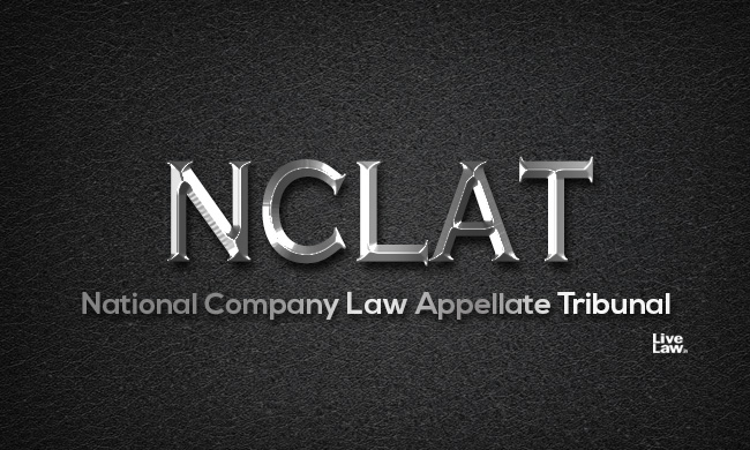A Successful Bidder Cannot Be Permitted To Wriggle Out Of Its Bid Claiming His Bid To Be A 'Conditional Offer'; NCLAT
Nitya Bakshi
16 Jan 2022 1:49 PM IST

Next Story
16 Jan 2022 1:49 PM IST
The NCLAT, Principal Bench consisting of Justice Anant Bijay Singh and Ms. Shreesha Merla in the case of M/s. Visisth Services Limited v. S.V. Ramani held that a Successful Bidder cannot wriggle out of the contractual obligations and withdraw the bid after payment of Earnest Money Deposit (EMD) and seek refund of the amount on the ground that the offer made by the Bidder was a...
